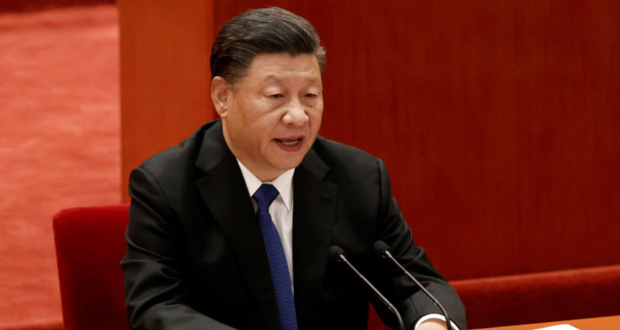Twelve years later, in his address as President in 2012, he re-emphasised the baton analogy again to achieve “great rejuvenation of the Chinese nation”. As in 2000, he set out his own agenda to run the race differently from his predecessors, with a distinctive strategy and at an accelerated pace. Xi’s articulation of the new path removed the four decades of the Chinese facade of peaceful development.
Within a year of Xi in office, China News Service, the second largest state-run media outlet, published an article titled, ‘Six Wars China Must Fight in Next 50 Years’, chronicled as follows: (a) The War to unify Taiwan (2020-2025); (b) Recover the islands of South China Sea (2025-2030); (c) Reconquest of Southern Tibet (2035-2040); (d) Reconquest of Diaoyutai and Ryukyu Islands (2040-45); (e) Re-unification of Outer Mongolia; and (f) War to recover territory seized by the Russia (2055-2060). This was one of the clearest articulations of the Chinese strategic objectives along with precise timelines, with re-integration of Taiwan being the highest dream.
Historically, China espouses peaceful unification of Taiwan, mainly due to three critical considerations: (a) the United States (US)’ commitment of military support to Taiwan against Chinese aggression through the Taiwan Relations Act 1979; (b) Complexity of cross-strait amphibious operations; (c) If failed, it may lead to permanent loss of the unification dream and denting the Chinese image internationally.





